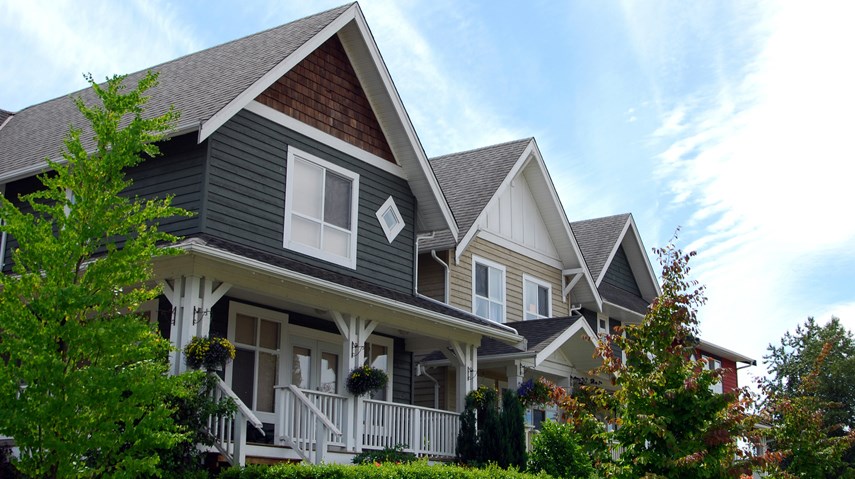Other factors were in play May 9 as an urban-led orange surge nearly sank the governing BC Liberals, but it is housing that might have played a dominant role in creating B.C.’s first minority government in 65 years.
It is no coincidence that the BC NDP’s biggest upset wins were in Metro Vancouver and Fraser Valley communities that have seen double-digit annual house price increases over the past two years, and a shortage of rental homes, real estate analysts say.
Election maps show the NDP’s orange wave extending from the shores of Point Grey to well south of the Fraser River, taking down top-tier Liberal cabinet ministers and capturing 25 of the 48 Lower Mainland ridings, up from the 16 the NDP won in the 2013 election.
Vancouver-Fraserview, where the benchmark house price has increased 56 per cent from the last election to $1.92 million, elected its first NDP candidate in 21 years, defeating former B.C. attorney general and minister of justice Suzanne Anton in the process.
David Eby, the NDP housing critic who famously defeated Premier Christy Clark in the 2013 election, played the affordability card to rake in 54 per cent of the vote in Vancouver-Point Grey, where the typical house price on election night was north of $3.4 million.
During the campaign, the NDP promised to build 114,000 rental and co-op homes and to cut renters an annual $400 cheque, while raising property taxes on expensive homes bought by speculators.
“Ironically, the NDP policy offered nothing for market housing,” noted Bob de Wit, CEO of the Greater Vancouver Home Builders’ Association. “But its assistance to renters likely appealed to an urban audience.”
De Wit said an NDP victory would have “meant a slowdown in [housing] starts and investment.”
He added that the current slump in Lower Mainland housing starts shows how sensitive homebuilders are to political interference. Total housing starts across the region in 2017’s first four months plunged 20 per cent from the same period in 2016, to 7,830 units. Starts are down 30 per cent in Vancouver and by nearly 50 per cent in Surrey, according to Canada Mortgage and Housing Corp., despite what appears to be a white-hot sales environment.
The lower starts are a result of the 15 per cent foreign-buyers’ tax brought in by the Liberals last August, de Wit said.
Elton Ash, western regional executive vice-president of Re/Max Canada, said soaring home prices “definitely” played a role in the close election. But he said a political coalition might result in some further tweaking, such as an elimination of the 1 per cent provincial property purchase tax on the first $200,000 value of a home, which the real estate industry has been lobbying for. The two opposition forces are also pro-transit, he noted, “and with urban transit comes higher housing supply.”
Both Ash and de Wit are confident on one issue: it is the economy, not politics, that dictates B.C. housing demand.
“The phones are still ringing,” Ash said the morning after the election. As far as real estate agents are concerned, it is back to business as usual.



